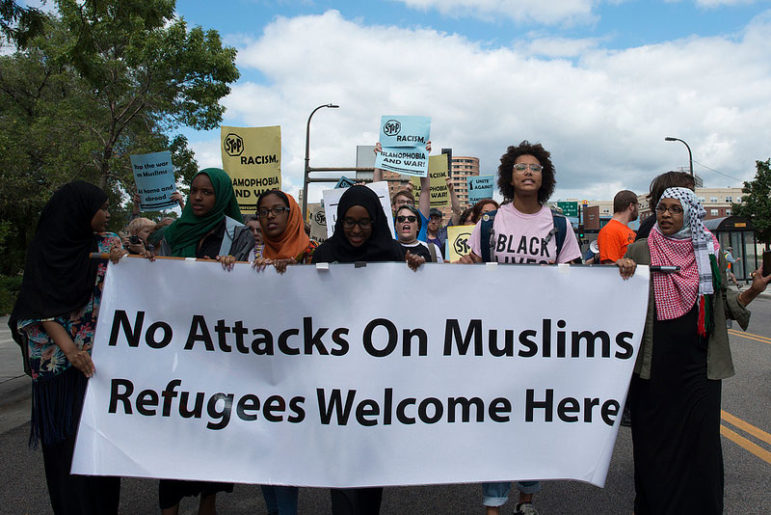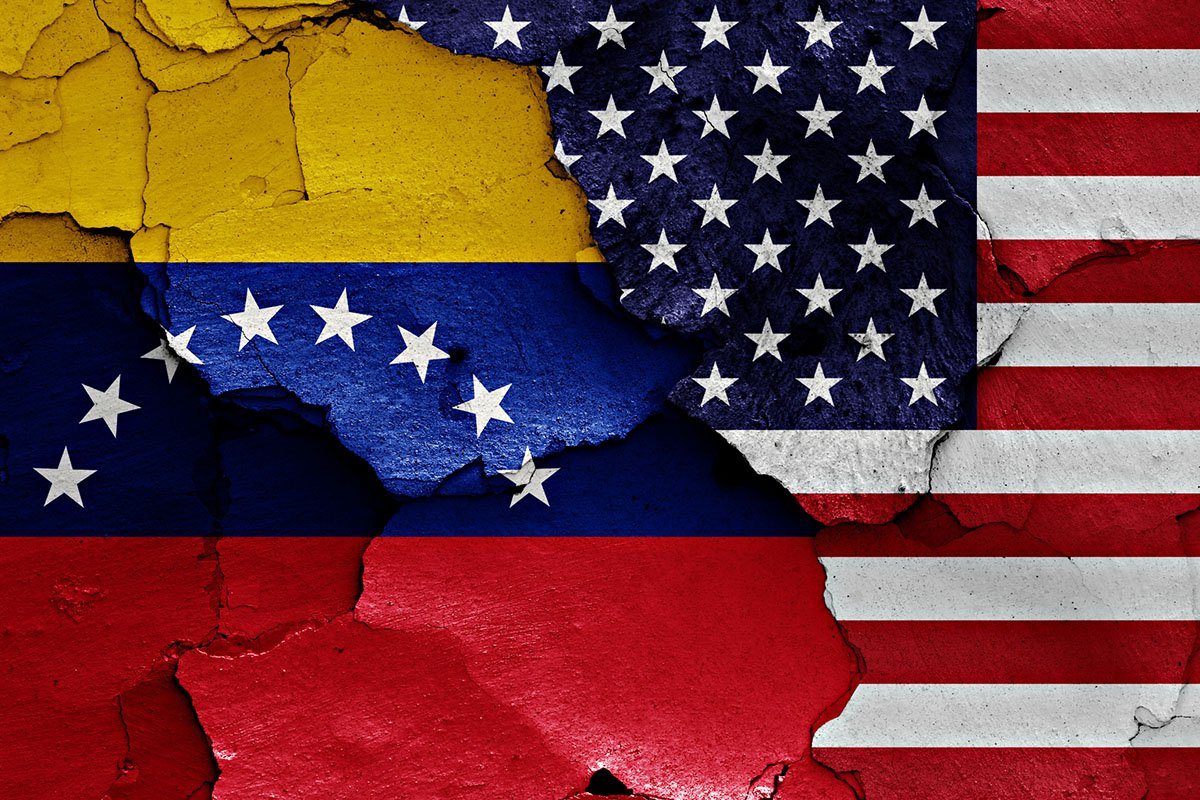
October 25, 2016; Minneapolis Star Tribune
Nonprofits run by Somali refugees in Minnesota are teaming up to advocate for increased state funding at a time when anti-refugee sentiment is on the rise.
The Minneapolis Foundation, one of the first community foundations in the world, was behind the initiative to bring these nonprofits together to increase advocacy and impact as the Coalition of Somali American Leaders, according to an article in the Minneapolis Star Tribune. The new coalition plans to lobby the state legislature for about $11 million.
Since 1975, the U.S. has taken in more than 3 million refugees from around the world. And over the past five years, the majority of those refugees have come from the Near East and Southeast Asia, according to the U.S. State Department, which defines a refugee as “someone who has fled from his or her home country and cannot return because he or she has a well-founded fear of persecution based on religion, race, nationality, political opinion or membership in a particular social group.” While the United Nation High Commissioner on Refugees reports that “less than one percent of all refugees are eventually resettled in third countries, the U.S. welcomes over half of these refugees, more than all other resettlement countries combined.”
Sign up for our free newsletters
Subscribe to NPQ's newsletters to have our top stories delivered directly to your inbox.
By signing up, you agree to our privacy policy and terms of use, and to receive messages from NPQ and our partners.
Nearly half of the refugees entering the U.S. in fiscal year 2016 were Muslim, according to a Pew Research Center analysis, and the majority of those Muslim refugees were from war-torn Syria and Somalia.
The current election cycle has been marked by accusations of xenophobia, Islamophobia, and outright racism as political leaders on both sides of the aisle called for an end or temporary halt to the country’s refugee program after terrorism attacks abroad, even as the number of migrants around the world has never been higher. However, support for these new refugee groups has also been advancing, from a UNHCR social media campaign to “transform the way Americans engage with the refugee crisis” to the Four Freedoms Fund’s Welcoming America campaign as new research highlights that American Muslims are less likely to support violence than other religions.
Minnesota’s Somali refugee community, which numbers more than 40,000, has been at the forefront of fighting religious extremism—along with young people in Baltimore and Los Angeles—as part of a grant-funded Department of Justice program. According to the Star Tribune, the joint advocacy efforts for state funding started a year ago when “the Minneapolis Foundation convened a meeting of local philanthropists to discuss making smarter investments in the Somali community… The group rallied around broad ‘points of pain’: poverty, gang activity, extremist recruitment and religious discrimination. But the leaders also wanted to highlight Somali entrepreneurship, a growing professional class and other positive developments.”
The groups hit on another national nonprofit trend when they pointed out that the state needed to directly entrust more local groups, and people of color in particular, with funds instead of giving resources only to state agencies to pass along. But, these and other advocacy efforts could be a tough sell in states where budgets are tight, nonprofits are numerous, and even long-established organizations have faced deep cuts.—Anna Berry












